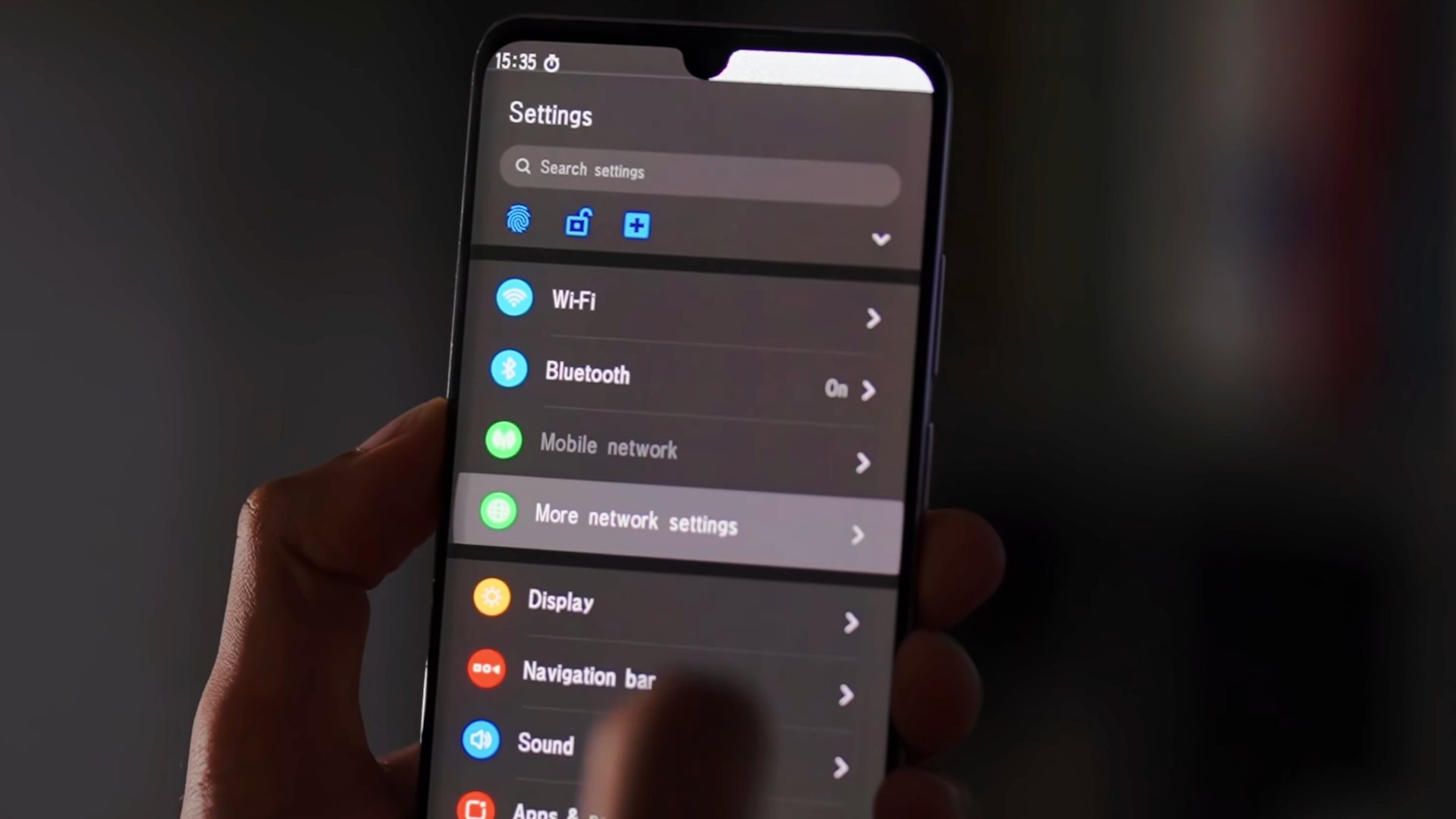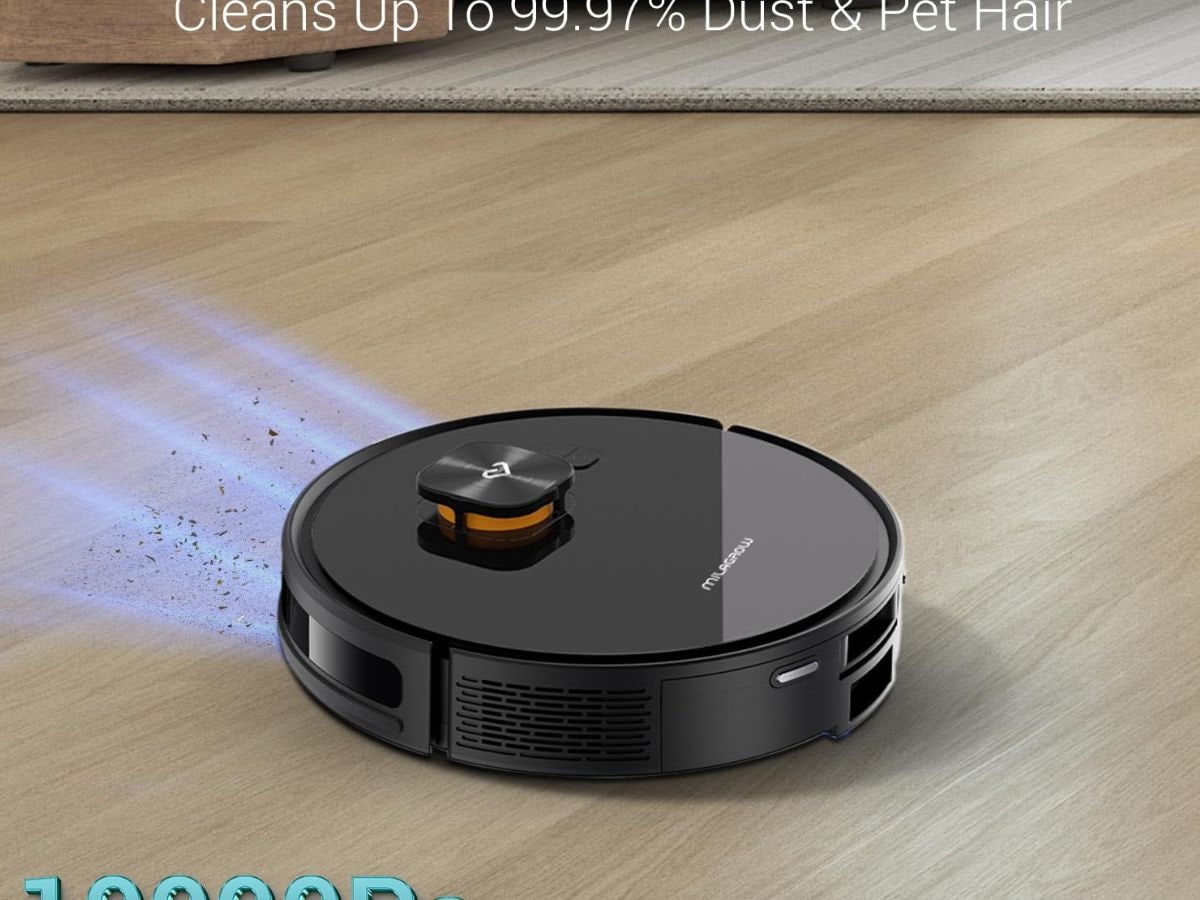While it would be nice to have a computer that lasts forever, the unfortunate truth is that everything becomes old and outdated. This is especially true for CPUs, especially since technological advances mean that once powerful processors lose support and updates from their manufacturer and major software vendors.
Therefore, it should not surprise you that some popular CPUs are obsolete in 2025. This is important to note, especially if you’re building your own PC and picking out the first part, to ensure you’re not spending money on a system that will soon be outdated or is already outdated.
Please note that calling these processors outdated does not mean they are useless. They often have a lot of life left in them and can potentially last for many years to come. However, they are called outdated because they either no longer receive the latest drivers that ensure they work with the latest applications. These chips may also no longer have the hardware capabilities required by the latest operating systems, such as Windows 11 and TPM 2.0.
Read more: What engines are in the SS United States?
14th Generation Intel Core CPUs with integrated GPUs
an Intel Core i9-14900K CPU – Daniel Chetroni/Shutterstock
Intel launched its 14th generation Intel Core processors in October 2023, but the company announced in 2025 that it is already moving the integrated GPUs for these CPUs into legacy software support. Although this will not affect the performance of the processor and you can still continue to use it normally, it will no longer receive any new features from the chip maker. Instead, it will only address critical fixes and security issues and reduce update support from monthly to every three months. More importantly for gamers, the generation will no longer receive Day 0 Game support, meaning there’s a chance that the latest games won’t run as smoothly on release day.
Most users won’t have to worry about having this processor on their computer, as it should still work as intended despite the lack of GPU driver updates. This also won’t be a problem if you have a discrete graphics card on your gaming PC, as it will take priority over your CPU’s integrated GPU. However, this move does not affect Intel KF processors, as they do not have an iGPU anyway.
This limited support is one of the reasons why this generation’s top chip, the Intel Core i9-14900K, is one of the worst CPUs released by Intel and AMD. The 14th generation Intel Core processors are also affected by an instability issue that caused some high-performance models to break themselves due to a bug in their microcode. The company has since fixed the problem via a BIOS update, but you’ll have to install it manually as it’s not included in your typical Windows update.
7th generation Intel CPUs and older

an Intel Core i5-7400 processor – Mehaniq/Shutterstock
One reason a processor becomes outdated is that it no longer supports modern software features. It is precisely because of this that the 7th generation Intel Core processor does not support Windows 11, as some models do not have the necessary hardware for TPM 2.0 – a crucial requirement that helps ensure the security of the latest version of the operating system. In addition, older chips sometimes lack the necessary drivers to work properly with Windows 11, causing you to encounter unexpected errors that cannot be resolved due to a lack of manufacturer support.
Actually, this should not be a problem, as these processors should still work well with Windows 10. However, this operating system will already be end-of-life as of October 14, 2025 and will therefore no longer receive updates or support from Microsoft. This could endanger users who continue to use it, as discovered vulnerabilities will no longer be patched – the main reason why it’s time to upgrade to Windows 11.
First generation AMD Ryzen processors

an AMD Ryzen 1000 series processor – Michal Krakowiak/Getty
Intel has long dominated the desktop processor market, but with the arrival of Ryzen chips, AMD has gained some ground against its larger rival. And while Intel still has a majority of the market share in desktop CPUs, the company now has nearly a third of all desktop PCs and has captured 25% of the total x86 processor market.
But even though the first Ryzen chips were a game-changer for AMD, their age and advances in semiconductor and software technology mean they are no longer suitable for modern systems. These chips arrived in 2017, which means they are eight years old at the time of writing, virtually ancient in the computing world. More importantly, Windows 11 is not compatible with this processor family, even though it is still quite capable. Since Microsoft no longer supports Windows 10, they are redundant if you want to stay with Microsoft. However, you can definitely still use them if you switch to Linux instead of Windows 11.
AMD Ryzen 2000 CPUs

An AMD Ryzen 5 2600 CPU – Nantonov/Getty
Although the AMD Ryzen 2000 processor family is considered next-generation CPUs for the Ryzen 1000 series, they are still based on the same Zen architecture or the slightly updated Zen+. This means that even if these chips are faster and offer better performance than the older processors they replaced, they would suffer from the same lack of features that Windows 11 requires. You can also see this with some Ryzen 3000 series CPUs. Microsoft says AMD Ryzen 3000 processors (which are largely based on the Zen 2 platform) are compatible with Windows 11, except for the G and GE variants (which are based on the older Zen+ architecture).
Fortunately, since both AMD Ryzen 1000 and Ryzen 2000 processors (and the unsupported Ryzen 3000 G/GE chips) use the same AM4 socket, you can replace them with a newer Ryzen 3000 or 5000 series CPU to install Windows 11 on your system. You just need to make sure that you can update the BIOS on your motherboard to make it compatible with the newer processor, and that it also supports TPM 2.0, which Microsoft requires for its latest operating system.
AMD Ryzen Threadripper 1000 and 2000 HEDT processors

an AMD Ryzen Threadripper 2000 series processor – Vedat Oguzcan/Shutterstock
You might think that specialized HEDT CPUs would have a longer lifespan, especially since they often deliver specs and performance that mainstream consumer processors can only dream of. But even though they are more expensive and require equally expensive motherboards, they are still not immune to the slow passage of time that leads to obsolescence.
Since the Threadripper 1000 and 2000 HEDT processors are both based on the Zen architecture, they will likely become obsolete alongside their regular variants due to a lack of Windows 11 support. But another reason why these chips are outdated is that even AMD dropped official support for them on the Ryzen Master software. This software is AMD’s premier utility for overclocking and controlling AMD CPUs, helping you squeeze every drop of performance out of it. The latest version of Ryzen Master doesn’t recognize your processor, so you’ll have to keep an older version of this app to tune your CPU – but that also means you’ll likely miss out on new features from AMD.
Do you want the latest news in technology and car trends? Subscribe to our free newsletter for the latest news, expert guides and practical tips, one email at a time. You can also add us as a preferred search source on Google.
Read the original article on SlashGear.








![Apple Watch Ultra: The best Apple Watch I do not need [Video] – 9to5Mac Apple Watch Ultra: The best Apple Watch I do not need [Video] – 9to5Mac](https://i0.wp.com/9to5mac.com/wp-content/uploads/sites/6/2026/01/AWU-FI.jpg?resize=1200%2C628&quality=82&strip=all&ssl=1)


